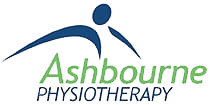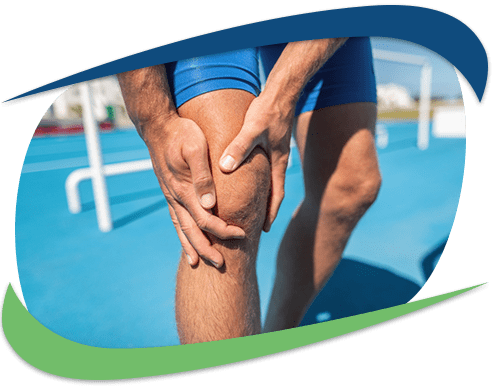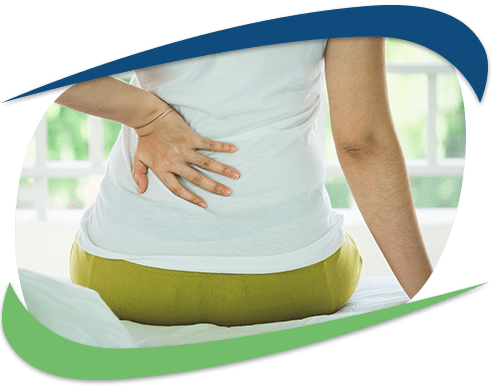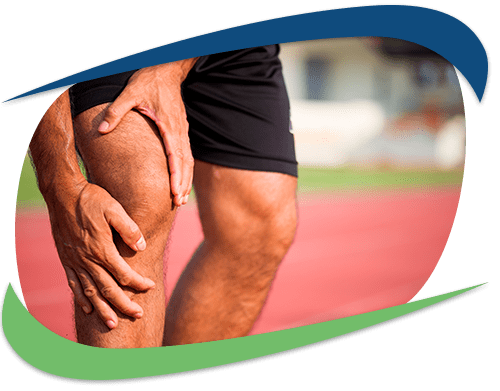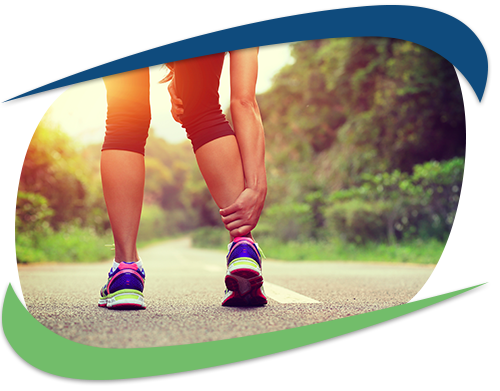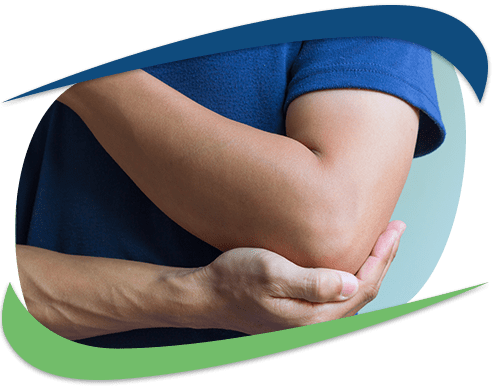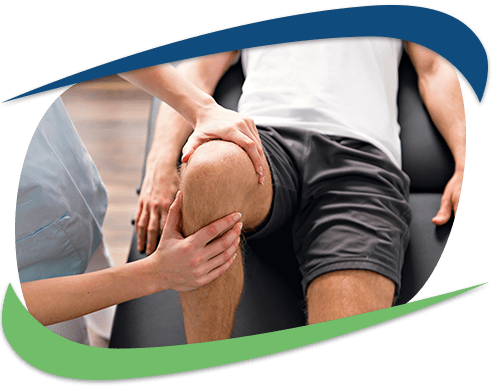Most aches and pains will get better within a very short period of time.
But if they continue or recur, it is worth getting things checked out. At Ashbourne Physiotherapy Clinic, we will do a full clinical assessment of your spine, muscles, ligaments, tendons and nerves to find the source of the problem. We will then work on a treatment plan to get you back in action as soon as possible.
We always aim to keep you active during your rehabilitation although you may have to make some modifications. It is better to keep moving and stay strong, than stop all activities and get weaker..
We will also advise you if and when further investigations are appropriate and will help you arrange them, if they are.
Treatments we use are strengthening and stretching programmes, joint and nerve mobilisations, advice and education about your problem and lifestyle issues that may need to be addressed. We may also use shockwave or laser if appropriate.
You can book online to see one of our chartered physiotherapists and we will help you get back to sport, work, walking, gardening, picking up the grandchildren or whatever you want to do, but can’t.
Back & Neck Pain
Back and neck pain are very common and probably what we treat most often at the clinic. Most backaches settle spontaneously within a day or so and the best thing to do is to keep active and avoid being in one position for too long.
If it doesn’t seem to be settling down or if the pain moves into the buttock or leg, we can help. One of our experienced physiotherapists will do a thorough assessment and will organise a treatment plan with you. This may involve strengthening, stretching, advice re temporary activity modification, joint or nerve mobilisations/manipulation and a graduated return to full activity.
Sports Injuries
At Ashbourne Physiotherapy Clinic, we specialise in treating both acute and chronic sports injuries. Whether it is the niggly pain in the knee when you train, a torn hamstring, a sore groin muscle or a sprained ankle, we have experienced physiotherapists who can get you back to your sport as soon as possible.
We will do a full assessment including taking a history of your injury, training schedule, footwear etc. and then, following a diagnosis, we will provide a sports specific treatment programme and rehab schedule to suit your situation.
We have experience of treating the occasional runner to international athlete and will give all the same care and attention.
We can also provide sports massage and specific strengthening programmes to improve your performance.
Joint Pain & Arthritis
The pain in your joint can originate in the joint itself or the soft tissues surrounding the joint. Your physiotherapist will do a full assessment to identify the source of the pain. A good clinical examination is essential for this. We would assess the range and quality of movement, strength, local tenderness and nerve issues (some joint pain can be referred from the neck or back).
It is commonly thought that nothing can be done if you have arthritis in a joint but there is an ever-increasing bank of research to show that physiotherapy is equal to or better than surgery or steroid injections (knee, elbow and shoulder). We will refer you on if physiotherapy is not going to be of benefit but the first line of treatment should be strength training, weight loss (for lower limb pain) and joint mobilisations.
There are many causes of joint pain:
- Arthritic conditions such as osteoarthritis or rheumatoid arthritis
- Ligament sprains (most commonly the ankle and inside of the knee)
- Cartilage injuries
- Tendinopathy/tendinitis
- Impingement (e.g. in the hip)
- Referred pain (e.g. sciatica)
Tendon Pain
Tendon pain is very common and something we would see often in the clinic. Most tendon issues occur from overloading, for example, increasing mileage too quickly or taking up a new sport or returning to an activity after a prolonged rest period. It can also happen if you don’t allow adequate recovery time, for example, playing golf three days in a row when you usually only play twice a week.
The cornerstone of treatment for tendon problems is to strengthen the tendon so that it is able to tolerate any activity or load that is required of it. We always try to keep you active but may ask that you reduce your level of activity to allow the pain to settle. We will then guide you on a graduated strengthening programme. We may suggest shockwave therapy if we feel that it would be of benefit.
A very common tendon issue is Greater Trochanteric Pain Syndrome. It is reckoned that approximately 55% of women will suffer from this pain at the outside of the hip at some stage in their life (usually post-menopause). It is often mis-diagnosed as hip bursitis but the issue is usually caused by weakness of one of the gluteal muscles.
Other common tendon injuries are:
- Tennis or golfer’s elbow
- Achilles tendinopathy
- Rotator cuff (shoulder) tendinopathy
- Jumper’s knee
- Tibialis posterior tendon pain (inside of the ankle)
- Peroneal tendon pain (outside of the ankle)
Post-Surgery Rehabilitation
We provide physiotherapy following surgery and liaise with the consultants to follow their protocols, if appropriate.
We would commonly provide rehabilitation following orthopaedic surgery such as:
- Joint replacements
- Post-fracture
- Shoulder stabilisation following dislocation
- Rotator cuff repair
- Post-discectomy/spinal fusion
- Achilles repair
- Foot tendons (tibialis posterior, peroneal tendons)
- Tarsal coalition
- Morton’s neuroma
- Bunionectomy or hammer toes
We also provide rehabilitation following gynaecological surgery.
